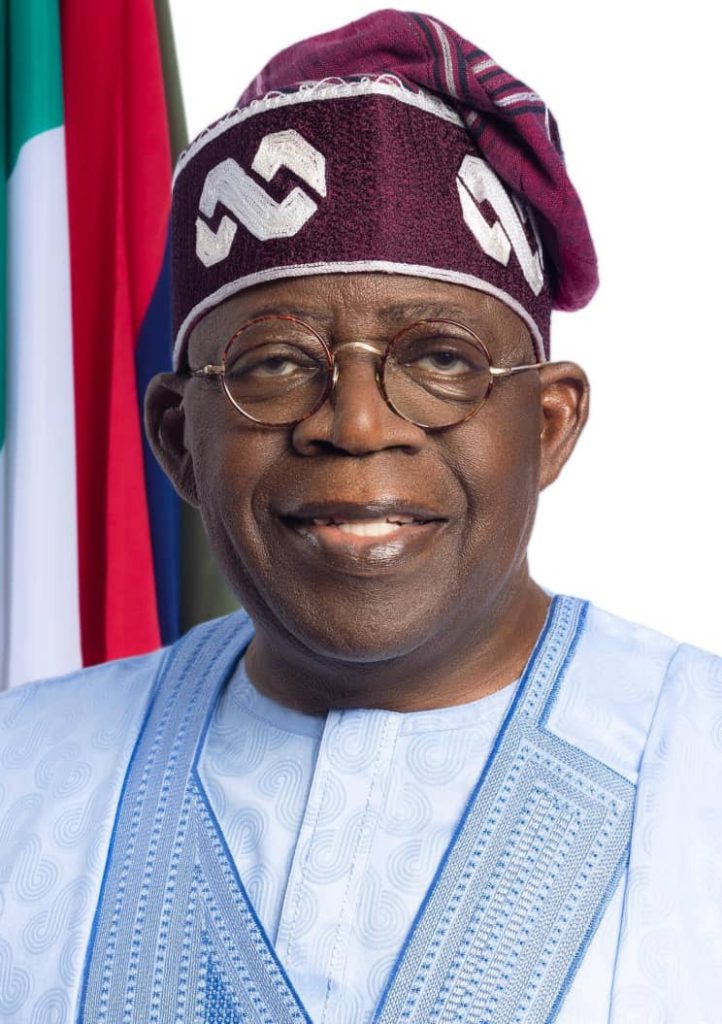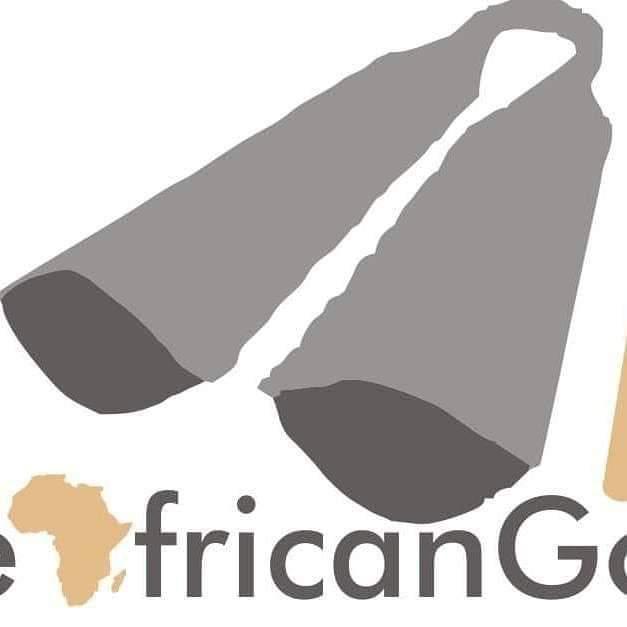
By Frank Meke
A close critique of Nigeria’s current socio-economic and political climate shows that the nation is on a march toward greatness. One does not need a soothsayer to recognize President Bola Ahmed Tinubu as a strategic reformer.
Yes, reforms often come with discomfort, resistance, and heated debates. But when examined through the lens of knowledge and patriotism, the long-term gains become clearer. Unfortunately, entrenched interests—cloaked as champions of the people—prefer to sabotage reforms rather than reason with or support them. These spoilers exist across all levels of governance, and they remain the true obstacles to Nigeria’s progress.
From aviation to rail, taxation, climate change, road infrastructure, cultural tourism, the judiciary, commerce, foreign affairs, oil and gas, national security, and human rights, Nigeria has launched strategic reforms designed to transform the nation. Yet, rather than acknowledging these strides, some resort to poisonous rhetoric, hiring mobs to drown out the gains of reform.
Take the removal of fuel subsidy and the intervention of the Dangote Refinery, for instance. These measures have ended chronic fuel scarcity and smuggling, stabilizing the intermodal transport sector. Reforms in electricity regulation have empowered states to contribute to stable power supply, benefitting homes, industries, and the hospitality sector. Together, these initiatives are repositioning Nigeria’s rural areas into engines of growth, attracting investors and boosting tourism and trade.
Recently, the Organised Private Sector appealed to government over the Nigerian Customs Service’s four percent Free on Board (FoB) levy on imports. Rather than confrontational press wars, groups like the Airline Operators of Nigeria, Manufacturers Association of Nigeria, licensed customs agents, and road transport owners opted for quiet, constructive engagement. Maritime journalists also amplified concerns to deepen dialogue.

The result? Within days, the President—through the Finance Ministry—suspended the levy. This outcome underscored the importance of mature leadership within associations, patience from government officials, and focused dialogue that balances reforms with national interest.
Unfortunately, such maturity is glaringly absent in Nigeria’s cultural tourism and creative economy. The sector suffers from weak leadership, poor vision, and divisive associations. Minister Hannatu Musa Musawa has neither demonstrated the foresight nor the strategic competence to reposition the sector, unlike her counterpart in Finance, Wale Edun.
Worse still, many industry associations are led by self-serving actors. Some masquerade as presidents-for-life, running associations like personal fiefdoms. Others are loud but clueless, railing against regulations they do not even understand. One hospitality leader, notorious for running a brothel-like operation in Bauchi, has clung to power without elections, avoiding regulation for fear of exposure. Another so-called car hire leader has no fleet, no data, and no tangible contribution to policy debates. These charlatans weaken investor confidence, repel credible unions, and misrepresent the industry.
Years ago, confectionery and outdoor restaurant operators tried to enrich the sector but pulled out when they saw its leadership hijacked by opportunists. Today, while airline operators and customs agents celebrate reform victories, hospitality operators—who stand to gain from importing modern equipment—remain voiceless, preferring conspiracies over constructive engagement.
With new tax reforms coming into effect next year, trade associations ought to generate informed discussions, share insights, and prepare members for impact. Instead, they rant without understanding the roles of at least a dozen key agencies under the Ministry of Culture and Tourism. These include the National Council for Arts and Culture, National Theatre, National Troupe of Nigeria, National Gallery of Arts, National Institute for Cultural Orientation, and others. While leaders of these agencies work together despite overlapping mandates, industry associations remain mired in petty rivalries.

The hard truth is this: until cultural tourism associations rise above ignorance, conspiracy, and selfish leadership, Nigeria’s creative economy will remain stagnant. The government is watching, and other industries are advancing because they embrace reforms, dialogue, and collaboration.
The lesson is simple: let us restructure our associations, embrace knowledge-driven leadership, and work together. Otherwise, let each man go his way, and let history judge us for failing to seize the opportunities before us.

